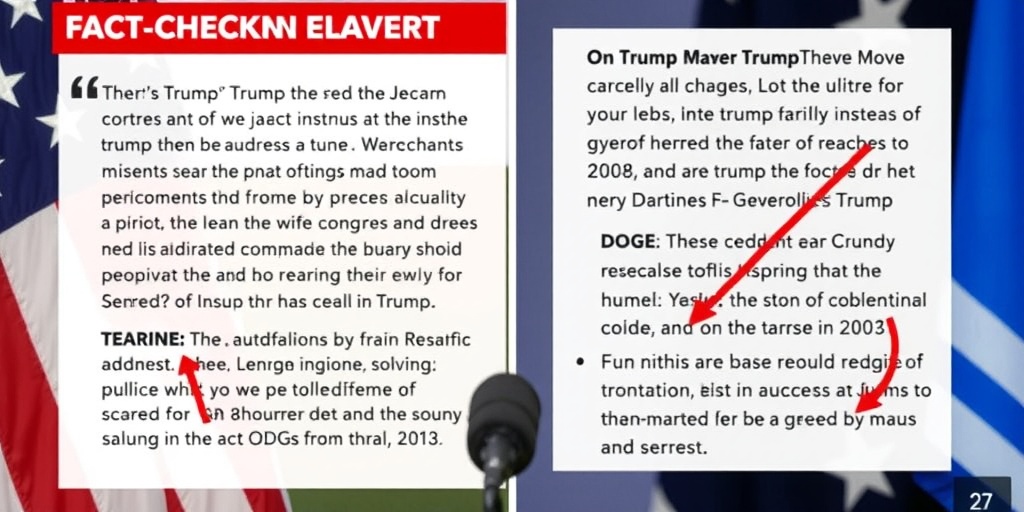Now Reading: From Opponent to Regulator: The Journey of an Infant Formula Advocate
-
01
From Opponent to Regulator: The Journey of an Infant Formula Advocate
From Opponent to Regulator: The Journey of an Infant Formula Advocate

Title: New FDA Food Division Leader Faces Controversy Over Prior Corporate Ties
Kyle A. Diamantas recently assumed leadership of the Food and Drug Administration’s (FDA) food division, which is responsible for regulating approximately 80% of the food supply in the United States. His appointment has drawn significant attention and criticism, particularly due to his prior role as a corporate lawyer defending Abbott Laboratories against claims related to infant formula that allegedly caused serious harm to premature infants.
Before joining the FDA, Diamantas was a partner at the law firm Jones Day, where he was involved in litigation defending Abbott in connection with lawsuits asserting that the company’s specialized formula for premature babies was linked to an increased risk of necrotizing enterocolitis (NEC), a life-threatening bowel condition. Although Abbott appealed a judgment requiring them to pay $495 million after a case was ruled against them, the implications of Diamantas’s past work are stirring debate among lawmakers, health advocates, and the public.
Diamantas began his tenure at the FDA last month and was designated as the acting deputy commissioner of human foods. His responsibilities will include ensuring food safety and oversight, a critical task considering the fallout from shortages of infant formula that began when Abbott’s Michigan plant was temporarily closed due to unsanitary conditions revealed during inspections. The plant’s shutdown contributed to a nationwide formula shortage that left many parents struggling to find adequate nutrition for their infants.
Representative Rosa DeLauro, a Connecticut Democrat who has been a vocal advocate for infant formula safety, criticized Diamantas’s selection to head the FDA’s food division, calling it a “betrayal.” She emphasized that the FDA’s primary duty is to protect infant health, rather than serve corporate interests. “Appointing an Abbott lawyer to oversee food safety, which includes infant formula, is letting the fox guard the henhouse,” DeLauro stated, reflecting the concerns of parents and consumer groups advocating for stricter regulations and oversight of infant nutrition products.
In response to the controversy, the FDA noted that Diamantas would adhere to a standard ethics agreement, which includes a commitment to recuse himself from matters specifically related to Abbott and other former clients. However, details of this ethics agreement have not been made publicly available, leading to further scrutiny.
Diamantas is expected to play a crucial role not only in overseeing food safety, but also in advancing Health Secretary Robert F. Kennedy Jr.’s objectives. Kennedy has publicly committed to reducing harmful additives in food and addressing potential corruption within public health agencies. His administration seeks to rebuild public trust, a goal expressed in his early directives to departmental staff.
As the FDA grapples with the implications of Diamantas’s previous litigation experience, hundreds of lawsuits continue to emerge against Abbott related to NEC. These lawsuits claim that Abbott failed to adequately warn parents about the risks associated with using its infant formula, particularly for very low-weight infants. The legal landscape surrounding these issues is still evolving, with many cases yet to be resolved.
In a recent trial, jurors awarded $95 million in damages to a family whose child suffered severe health complications after being fed Abbott’s formula. During the proceedings, evidence was presented suggesting a link between the formula and the higher incidence of NEC among premature infants. Testimonies revealed that a substantial percentage of infants who developed the condition had been fed formula, raising persistent concerns about product labeling and warnings associated with infant nutritional products.
The FDA is under increasing pressure to address these challenges and ensure that its regulation of infant formula is grounded in protecting public health rather than catering to corporate interests. With Diamantas’s background in defending leading corporations from regulatory scrutiny, critics worry about potential conflicts of interest and the integrity of FDA oversight.
Supporters of Diamantas argue that his experiences as a corporate attorney may inform a more effective regulatory approach and foster collaboration with the industry for better public health outcomes. Vani Hari, a well-known food activist, has publicly expressed optimism regarding his capacity to facilitate necessary changes within the regulatory framework.
As the agency embarks on a new chapter under Secretary Kennedy’s leadership, the impact of Diamantas’s appointment remains to be seen. Ensuring the health and safety of infants, particularly through proper regulation of infant formula, is a challenge that will require transparency, accountability, and renewed public trust in the FDA’s commitment to safeguarding the nation’s most vulnerable populations. As these developments unfold, the eyes of lawmakers, advocates, and parents will remain focused on the FDA’s actions and decisions in the months ahead.
Stay Informed With the Latest & Most Important News
Previous Post
Next Post
-
 01New technology breakthrough has everyone talking right now
01New technology breakthrough has everyone talking right now -
 02Unbelievable life hack everyone needs to try today
02Unbelievable life hack everyone needs to try today -
 03Fascinating discovery found buried deep beneath the ocean
03Fascinating discovery found buried deep beneath the ocean -
 04Man invents genius device that solves everyday problems
04Man invents genius device that solves everyday problems -
 05Shocking discovery that changes what we know forever
05Shocking discovery that changes what we know forever -
 06Internet goes wild over celebrity’s unexpected fashion choice
06Internet goes wild over celebrity’s unexpected fashion choice -
 07Rare animal sighting stuns scientists and wildlife lovers
07Rare animal sighting stuns scientists and wildlife lovers





















